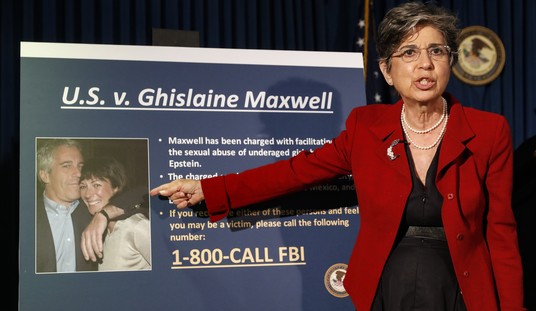Rather than unthinkingly reauthorize No Child Left Behind as the president would have had Congress do, the House of Representatives has conducted hearing after hearing about how best to revise it. In the Senate, however, no such process has occurred.
Instead, after a long period of relative quiet on the topic, the Chairman of the Senate Health, Education, Labor and Pensions Committee, Sen. Tom Harkin (D-Iowa), last week proposed to his committee an 868-page bill to reauthorize NCLB. Then, on Monday, he added to it an 868-page manager’s amendment, a re-working of the original dropped bill. The members of the committee had just 48 hours to wade through the manager’s amendment before the committee proceeded last night to a markup of the bill.
But Sen. Rand Paul (R-Ky.) objected to the rush. A markup, he pointed out, is supposed to provide committee members with the chance to debate, amend and rewrite proposed legislation. How on earth could they do that, he wondered, with just 48 hours to read the proposal? So, Paul used a procedural rule to halt the markup.
Harkin took the dust-up to the Senate floor, asking the Senate to agree by unanimous consent to allow him to reconvene his committee. Passionately, Paul objected:
Paul’s objection sparked predictable cries of “obstructionism.” Sen. Michael Bennet of Colorado, for example, painted Paul as a senator who doesn’t care to help children in poverty receive a college education. “The senator speaks of the tragedy of this process,” Bennet said. “I’ll tell you what a tragedy is. The tragedy is that only nine of 100 children living in poverty in this country in 2011 can expect to get a college degree. That’s a tragedy.”
But, to some extent, Paul’s move worked. Not only did he manage to postpone the markup until today, buying (a very little bit) more time to read the bill, but he also prompted Sen. Harkin and HELP Ranking Member Sen. Mike Enzi (R-Wy.) to call a hearing on the subject of NCLB for Nov. 8 to at least obtain a little outside input on the reauthorization of NCLB before the full Senate votes for it. It’s not much, but it’s better than nothing.
The entire episode illustrates a couple important realities.
Firstly, while members of both parties agree that No Child Left Behind needs to be “fixed,” they don’t necessarily agree about what the federal role in education should be — and that’s ultimately what this debate is about. Paul gave voice to that in his objection when he said, “I’m one of the old-fashioned conservatives who does believe that schools are and should be under local and state control.” Given the federal government’s gradual encroachments in this area, Paul is right to be on guard.
Secondly, the Senate, by its pitiful attempts to seek input from those most affected by education reform, gives the appearance of being in collusion with the president’s plans to use the problems with NCLB to expand the federal role in education. Harkin says the bill does, in fact, “return a lot to local control,” and Enzi says the reforms in the bill, while not perfect, are “a start,” at least. I hope that’s true — but no harm in having a hearing or two and especially no harm in giving local-control advocates like Paul time to actually read the bill to ascertain its meaning.
Snaps to Paul for staying vigilant.







Join the conversation as a VIP Member